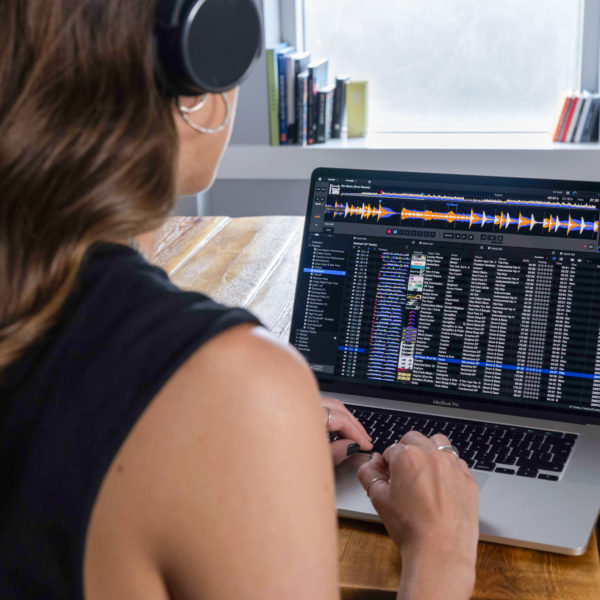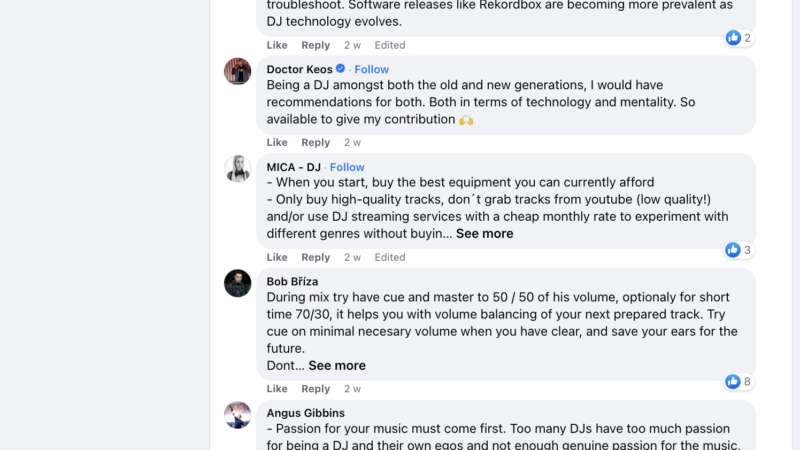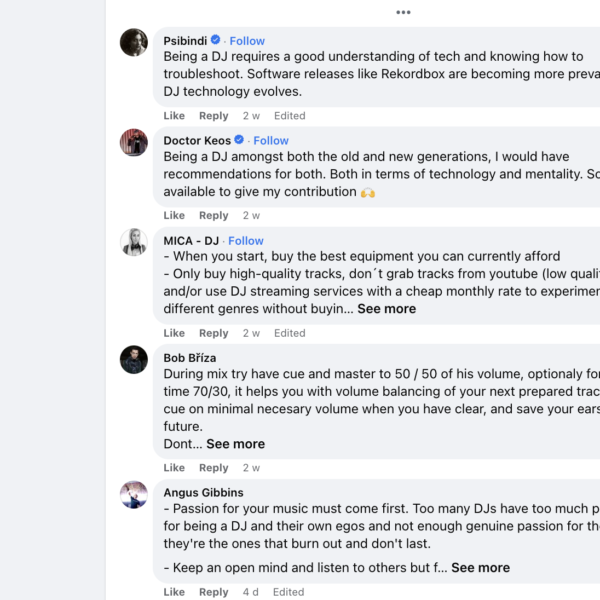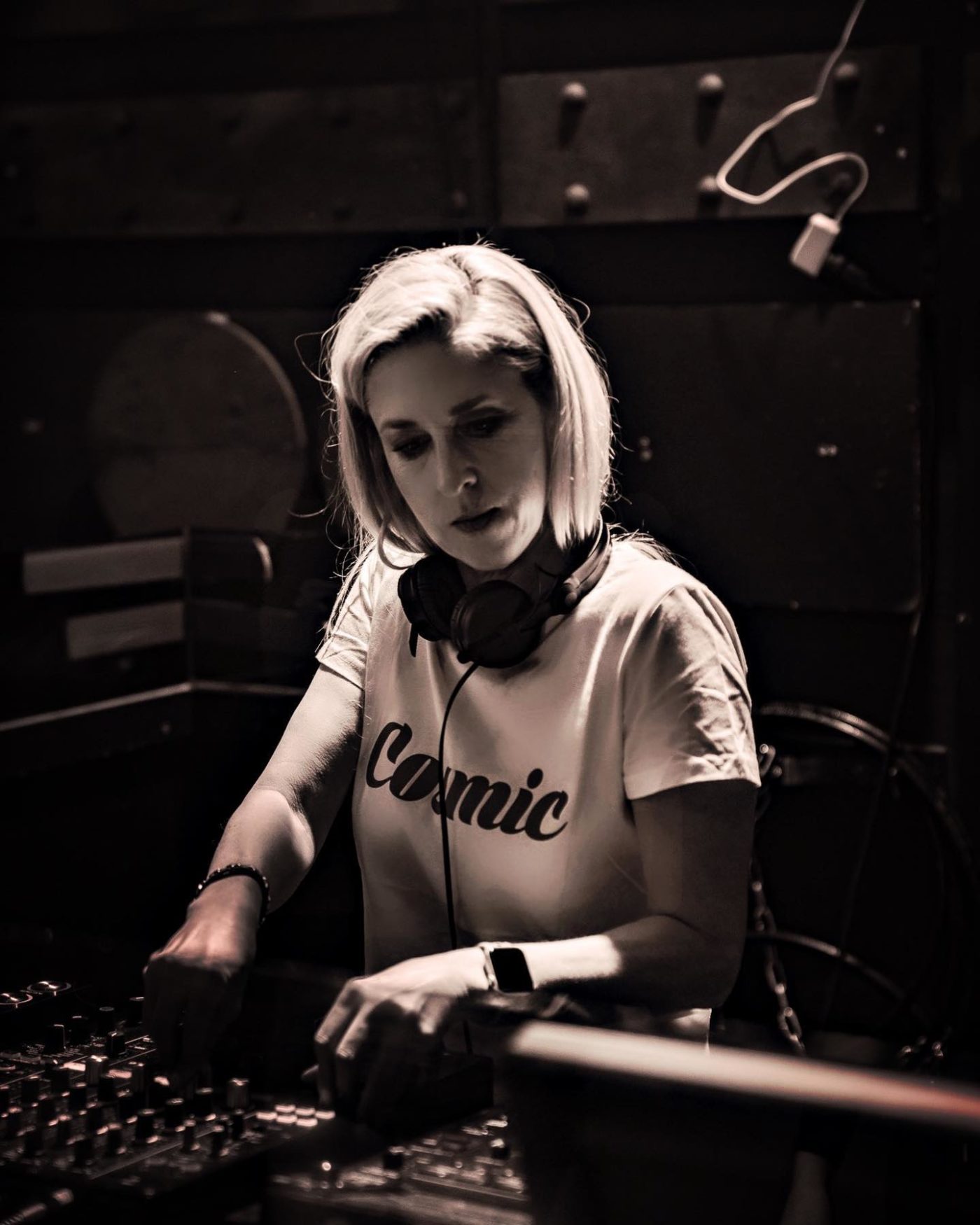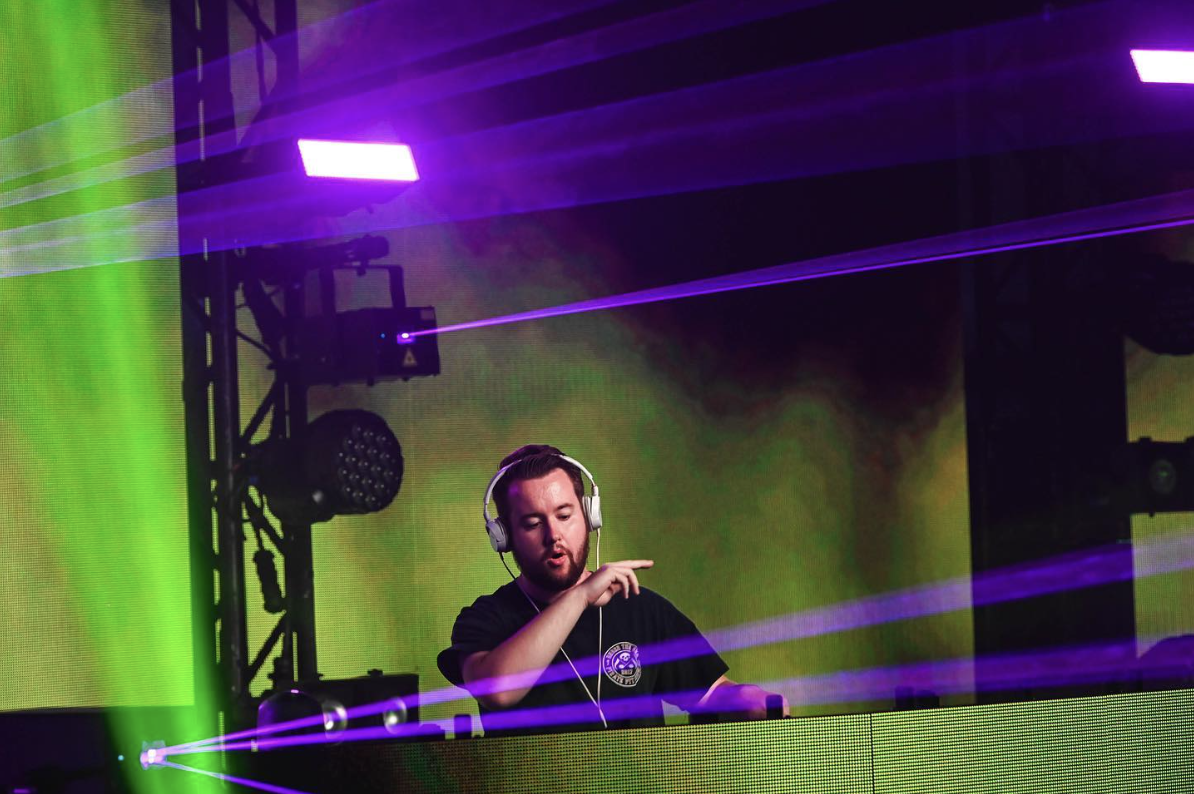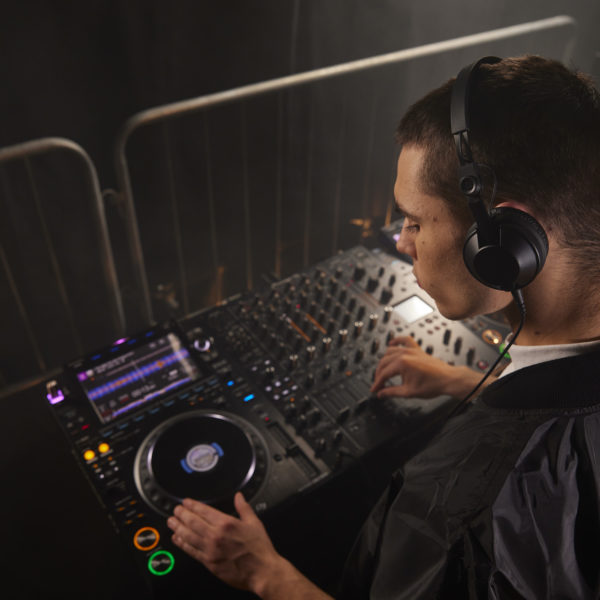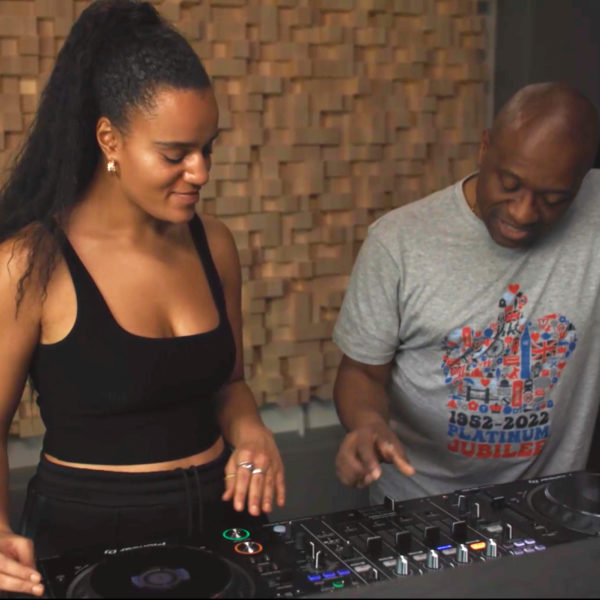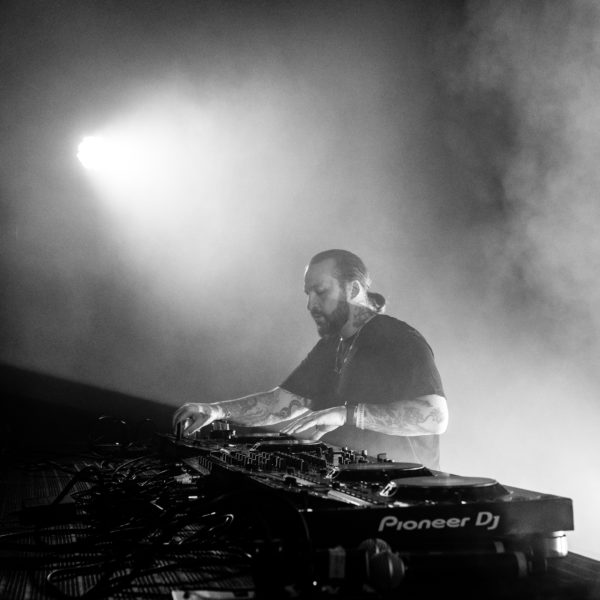TRY NOT TO BEAT YOURSELF UP
It’s your debut gig. You’ve been practising for months. Your friends are all in the crowd. You’re nervous but excited. The first couple tracks you play have gone down well. You go to select your next track and then—silence. You’ve pressed the cue button on the wrong deck. Panic sets in as you grope about trying to figure out what to do next…
Sounds like a nightmare scenario, right? Well, you could say that. Or you can understand that it’s all part of the process, and that you shouldn’t take it—or yourself—too seriously.
“My one tip would have to be don’t beat yourself up over a bad set, everyone has had them, no exceptions and being hard on yourself is never going to help,” offered Fatty Funk. “Go away, analyse your performance and look to do better next time.”
“Embrace mistakes, learn from those mistakes and always remember to HAVE FUN with it,” said Eric Ballew.
“Don’t put too much pressure on yourself to get it right,” said Adam Khamas. “It’s all a learning experience.”
Nights Journey: “Don’t worry about messing up, I do it all the time. It adds to the human element to your set.”
“The worst gigs will teach you more than 25 good gigs,” advised DJ-SUN.
We explored this idea of embracing mistakes at length in a recent piece called What Can We Learn From Our Worst DJ Gigs? In essence, we learn much more when things go wrong than when we’re killing it.
On a related topic, envy and FOMO can be big factors DJs need to contend with, especially in the age of social media. But, said Nikki Carvell, “don’t worry about the gigs everyone else is getting, it’s irrelevant to your journey.”
Again, this is something we’ve touched on before. DJing can be an incredible hobby that some people are lucky enough to do professionally. But it’s a world that’s associated with plenty of mental health issues. Learning from the experiences of others can be one of the best ways of staying safe and feeling sane.
